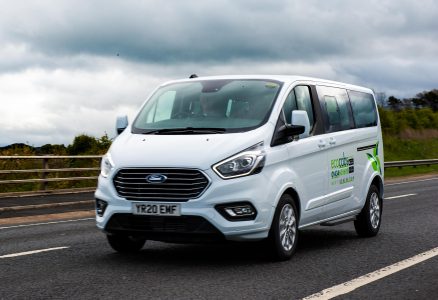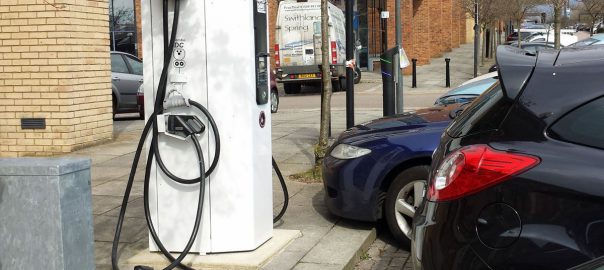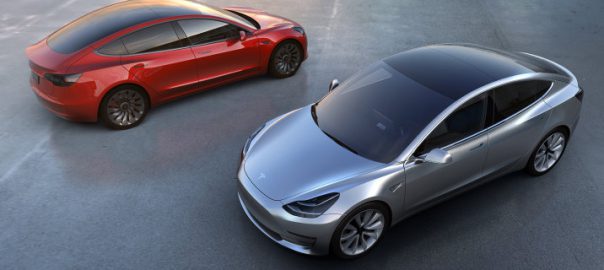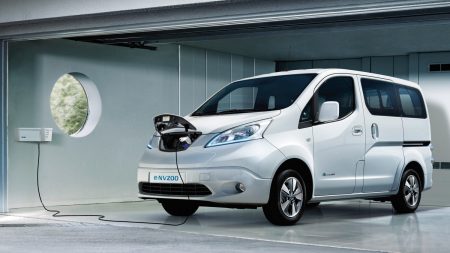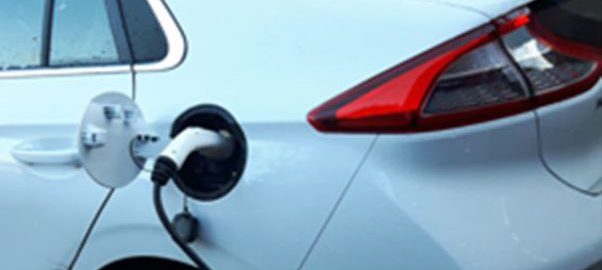Announcement expected in autumn to help trigger green economic recovery from Covid-19
The UK is poised to bring forward its ban on new fossil fuel vehicles from 2040 to 2030 to help speed up the rollout of electric vehicles across British roads.
Boris Johnson is expected to accelerate the shift to electric vehicles this autumn with the announcement, one of a string of new clean energy policies to help trigger a green economic recovery from the coronavirus pandemic.
The government had hoped to set out the plans as early as this week, according to sources in the energy and transport industries, but the announcement will be delayed until later this year as it focuses on tackling the rising number of coronavirus cases.
The government has previously consulted on plans to bring forward the deadline on sales of new polluting vehicles from 2040 to 2035. It is now expected to take a more ambitious stance following assurances that the UK’s infrastructure will be ready to cope with the shift to electric cars.
The decision to end the sales of new petrol and diesel vehicles by 2030 would put the UK ahead of France, which has a 2040 ban in the pipeline, and in line with Germany, Ireland and the Netherlands. Norway will bring in a ban in 2025.
The plan, which is backed by the government’s official advisers at the Committee on Climate Change, is likely to emerge alongside the national plans to become a carbon-neutral economy by the middle of the century.
Kwasi Kwarteng MP, the minister for clean energy, confirmed last week that the long-awaited energy white paper, which will underpin the government’s legally binding target to create a net-zero carbon economy by 2050, would be published this autumn after several delays.
It is tentatively scheduled for November and is expected to follow the advice set out by the Committee on Climate Change, including support for the UK’s nascent clean hydrogen industry to help cut carbon emissions from homes and heavy industry.
It may also include support for small, modular nuclear reactors, which have found favour with the prime minister’s chief aide, Dominic Cummings, according to industry sources.
Matthew Pennycook, the shadow climate change minister, repeated Labour’s pre-election call for a 2030 ban on petrol car sales last week, saying it was “an ambitious but achievable date” which would “give a new lease of life to the UK car industry, whilst combating climate breakdown and cleaning up the air that dangerously pollutes so many of our towns and cities”.
Read more: The Guardian
It’s Time to Go Green!
If you would like to know more about Solar Panels and the PowerBanx range of home battery systems, and get a free instant quote, please complete our online form:




